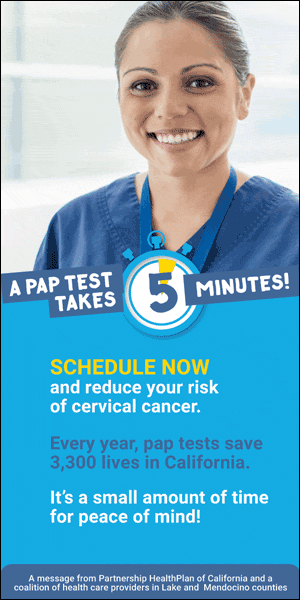

Stories about people overcoming hardships are embedded in American culture, but there’s more to those tales. “At best, they paint an incomplete picture of the items childhood adversity means for the vast sums of people in the United States (and billions around the world) who have experienced early-life stress,” notes pediatrician Nadine Burke Harris, MD, MPH. “More regularly, they take on moral overtones, provoking feelings of shame and hopelessness in people who struggle with the lifelong impacts of childhood adversity.”
Medical studies have shown that unmitigated toxic stress from adverse childhood experiences affects children’s physiology, triggers chronic inflammation and hormonal changes, alters how a body reads its DNA, and affects how cells replicate. It dramatically increases the risk of heart disease, stroke, cancer, diabetes, and Alzheimer’s.
In 2007 the award-winning physician began witnessing the untold story while practicing in the pediatric clinic (now referred to as Center for Youth Wellness) she founded in San Francisco’s low-income Bayview–Hunters Point community.
Employing standardized clinical protocols led to improved health outcomes, including fewer asthma hospitalizations. But Harris was still puzzled. “If we were doing everything right, why didn’t we see any indication that we could make a dent or dimple in this community’s dramatically reduced life expectancy?”
One day a 7-year-old boy named Diego, who’d stopped growing following a sexual assault, arrived in her clinic. “Maybe it was the extreme presentation. Maybe I had finally seen enough cases to start putting the pieces together,” she explains in The Deepest Well: Healing the Long-Term Effects of Childhood Adversity. “Whatever the reason, I couldn’t escape from the nagging feeling that Diego’s terrible trauma and the health problems weren’t just a coincidence.”
Harris dug into public-health research and discovered a landmark 1998 report: Relationship of Childhood Abuse and Household Dysfunction to Many of the Leading Causes of Death in Adults: The Adverse Childhood Experiences (ACE) Study. Conducted in partnership between Kaiser Permanente and also the Centers for Disease Control and Prevention, the study explains how chronic stress brought on by early adversity affects long-term health. It was the missing piece of the puzzle for Harris.
Researchers examined contact with 10 types of adversity commonly felt by the mostly white, middle-class, health-insured study participants. The data showed that adverse childhood events are incredibly common: Thirteen percent of participants reported four or more incidents, while 67 percent recalled a minumum of one. It also revealed that the more adverse events a young child experiences, the higher his or her chance of experiencing chronic disease, suicide, depression, and violent assault as an adult.
For example, having an ACE score of 4 or higher makes it twice as likely you’ll develop cardiovascular disease and four-and-a-half times as likely you’ll become depressed. “You aren't an ACE score of seven or more has triple the lifetime likelihood of getting lung cancer and three-and-a-half times the chances of having ischemic heart disease, the No. 1 killer in the usa,” Harris explains.
Harris was one of the first pediatricians to use the ACE screening questionnaire in clinical practice. Along with providing her a multidisciplinary method of care, the research has substantially improved her patients’ health and well-being. Today, she’s leading the charge to tackle this public-health crisis by encouraging all U.S. pediatricians to make use of the ACE screening tool by 2028.
ACE Screening Questionnaire
Knowing your ACE score will help you better understand the toxic stress you were exposed to during childhood and supply a starting point for healing. “A doctor can help you understand how your ACE score and your loved ones history affect your risk for several illnesses, and then the two of you can work together to create a plan for prevention and early detection,” says Harris. (To learn more about what your ACE score means, visit www.centerforyouthwellness.org.)

6 Strategies to Lower the Effects of Toxic Stress
Each of these interventions targets the body's dysregulated stress-response system. Regardless of your age, Harris recommends maximizing all six to reduce stress hormones, lower inflammation, and enhance neuroplasticity.
- Eat a well-balanced diet to help reduce cortisol levels.
- Prioritize sleep to regulate your mood, stress-hormone levels, and metabolism, and to maintain your immunity.
- Exercise for about 1 hour daily.
- Practice mindfulness or meditation to help you find calm when you get triggered.
- Seek help from a mental-health provider with experience helping those dealing with trauma.
- Build healthy relationships. Having just one safe, sustaining relationship with an adult can buffer the effects of stressful childhood events.













